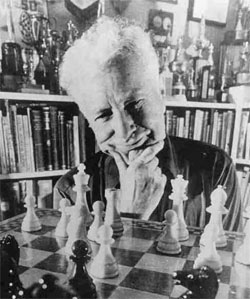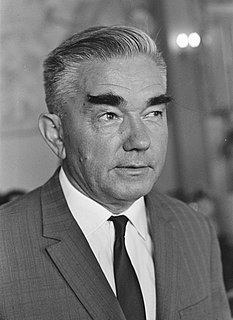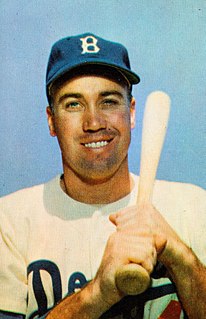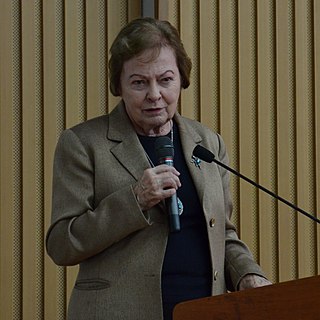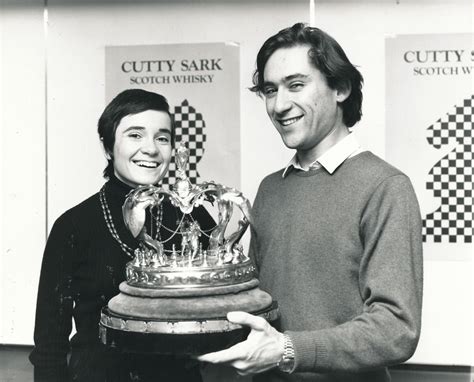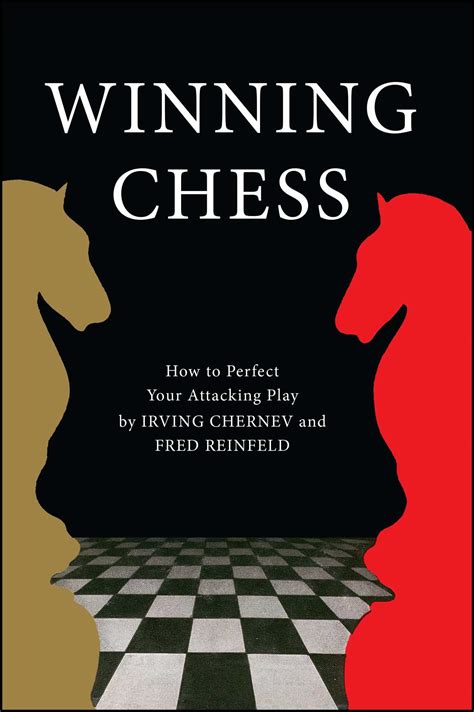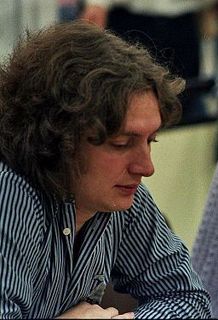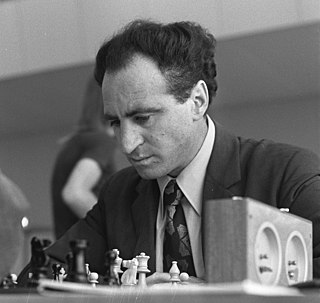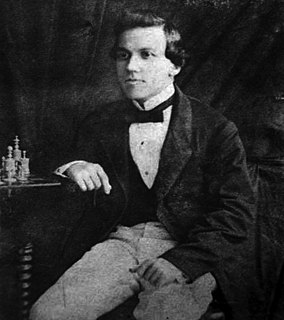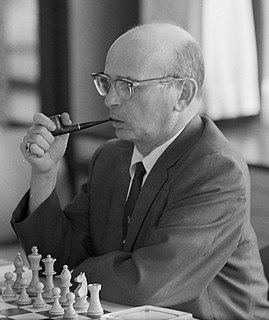A Quote by Arpad Elo
The greatest development after age 21 was shown by Steinitz, who increased his rating by more than a full class interval. Steinitz was the deep student and fierce competitor to the end of his career.
Related Quotes
There are many who hold, as I do, that the most important part of life is not the age of university studies, but the first one, the period from birth to the age of six. For that is the time when a man's intelligence itself, his greatest implement, is being formed. But not only his intelligence; the full totality of his psychic powers.
He is not famous. It may be that he never will be. It may be that when his life at last comes to an end he will leave no more trace of his sojourn on earth than a stone thrown into a river leaves on the surface of the water. But it may be that the way of life that he has chosen for himself and the peculiar strength and sweetness of his character may have an ever-growing influence over his fellow men so that, long after his death perhaps, it may be realized that there lived in this age a very remarkable creature.
And old Dave, he'd go up to his room, y'understand, put on his green velvet slippers - I'll never forget - and pick up his phone and call the buyers, and without leaving his room, at the age of eighty-four, he made his living. And when I saw that, I realized that selling was the greatest career a man could want.
